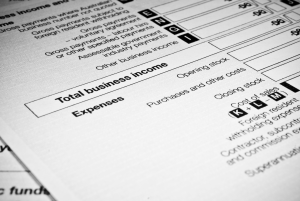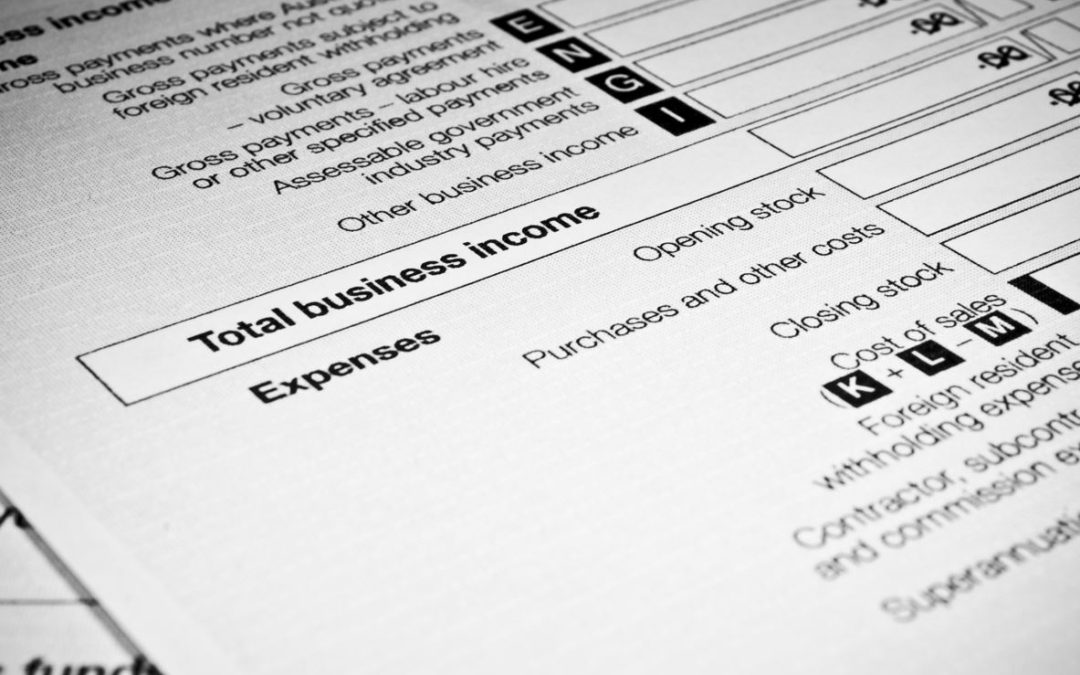After a slow increase in its debt collection activities following the COVID-19 pandemic, the ATO has started to accelerate its recovery of the billions of dollars of outstanding tax debt. The reprieve that many businesses have enjoyed since the ATO began to hold off on its debt collection during the pandemic appears to be over.
The ATO’s debt collection process generally entails several progressive phases, starting with preventative measures and moving to early intervention in which the ATO seeks to engage with taxpayers, before taking firmer action such as writing to individuals and businesses (which may be in the form of an SMS) with outstanding tax debts, warning of further action unless they make contact and develop an acceptable payment plan; and eventually taking stronger, more aggressive action.
We are seeing an increase in this stronger action, which may take the form of issuing a garnishee notice to a person or business that holds or may in the future hold money for a debtor; issuing directors of companies with Director Penalty Notices (“DPN”); and taking legal action by issuing claims, bankruptcy notices, statutory demands and winding-up applications. The ATO may also disclose business tax debts to credit reporting agencies.
The most recent insolvency statistics released by ASIC reveal a marked increase in the number of companies entering external administration. Figures for February 2024 indicate that 967 companies entered administration, a 40% increase on the same month in 2023. Reports suggest that this is the highest monthly number of corporate insolvencies in almost a decade. In the 12 months to February 2024, almost 10,000 companies have entered liquidation or another form of external administration. The construction industry is one of the sectors most impacted. While everyone is aware of the cost-of-living crisis that is weakening consumer spending, many of these insolvencies are a result of winding-up applications brought by the ATO as part of the renewed vigour with which it is approaching it’s collection activities, particularly in respect of corporate tax debt.

Early engagement with the ATO is often key to trying to avoid more aggressive collection measures. In this regard the ATO will often want to see a formal payment plan put in place and that the tax payer is complying with the payment plan.
The ATO is also issuing more DPN’s. Responding timeously to a DPN can also be crucial. Under certain circumstances the ATO can force directors of a company to personally pay the debts of that company by issuing a Director Penalty Notice for an amount equal to the company’s outstanding indebtedness to the ATO. This includes indebtedness for PAYG withholding tax, GST and superannuation obligations. There are two types of DPNs: a non-lockdown penalty notice and a lockdown penalty notice.
A non-lockdown DPN is issued to a company director where the company has lodged it’s business activity statements and instalment activity statements within three months of the due date for lodgement and superannuation guarantee charge statements within one month and 28 days after the end of the quarter that the superannuation contribution relates to, but the PAYG withholding, GST and/or superannuation contribution debts remain unpaid. If a non-lockdown DPN is issued the director has 21 days to take certain actions which would then result in the penalty being cancelled. Those actions include placing the company into voluntary administration, appointing a small business restructuring practitioner or going into liquidation.
The second type DPN, namely a lockdown DPN, is issued to company directors that fail to lodge the abovementioned statements within the relevant periods. This type of DPN permanently locks down on the director and it is not possible to cancel the penalty by placing the company into liquidation. The only way in which the penalty can be remitted is by paying the debt in full.
It is crucial therefore not to delay in seeking advice should you receive a DPN.
While the mountain of collectible tax debts owed to the ATO is significant, the ATO’s recent increase in enforcement measures signals an end to the period of leniency on which many businesses may have come to depend.
Further Information
Marino Law has extensive experience acting for directors and business owners, against all claims from the Commissioner of Taxation, as well as acting for liquidators, lenders and financiers in the administration of all corporate insolvency appointments. Our highly experienced lawyers regularly advise clients in the following areas of corporate insolvency:
1. voluntary administrations;
2. liquidations;
3. enforcement of securities;
4. statutory demands;
5. small business restructuring;
6. bankruptcies; and
7. Director Penalty Notices, Garnishee Orders or claims and demands from the ATO.
We also regularly provide advice to liquidators, lenders and financiers regarding the registration of security interests on the PPSR, the validity of those registrations and their enforceability.
Should you require assistance in any of the above areas, please contact one of our highly experienced lawyers.
April 2024

